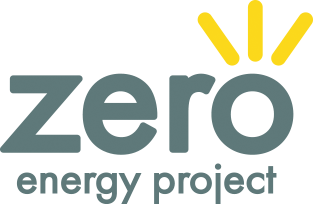How many times have you seen a green claim on a product and wondered if it was legit? If you’re like most consumers, it’s been too often to count. Luckily, green product databases – developed by credible institutions – are becoming increasingly common. Still, they’re not all created equal, so it’s important to understand the standards and criteria each one assesses. To save you the trouble of comparing each and every one, we’ve compiled this list.
Check out these 10 trustworthy green product databases for building or renovating your home.
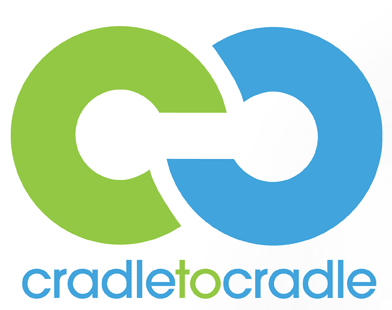
Cradle to Cradle
The Cradle to Cradle (C2C) Certified products registry includes over 500 products certified to their incredibly high standards that provide designers and manufacturers with criteria and requirements for continually improving what products are made of and how they are made. Products undergo rigorous third-party testing in 5 areas—material health, material reutilization, renewable energy, water stewardship, and social fairness—to receive a Basic, Bronze, Silver, Gold, or Platinum rating. Each product in the database has a C2C scorecard showing its achievement levels in each of the 5 criteria areas and whether it can be used to obtain LEED credit.

Sustainable Minds Transparency Catalog
The SM Transparency Catalog is a newer resource that makes it easy to:
- Find all the brands and all their products with transparency disclosures –in a glance.
- Understand what they mean and how to use to earn rating system credits.
- Learn what a manufacturer is doing to improve.
- Share your feedback with manufacturers and the industry.
- Reward manufacturers investing in product transparency by choosing their products.
- Change. Creating preference for these products by educating the industry about what product transparency info means – drives behavior change.
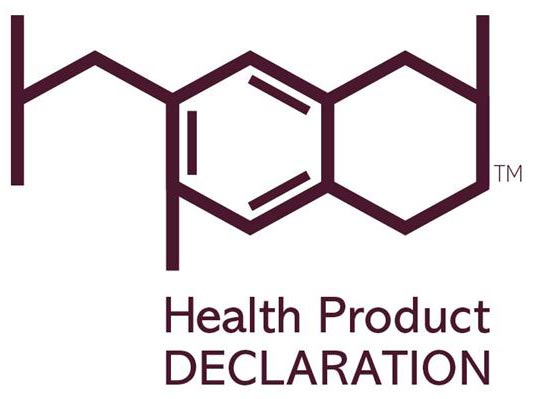
Health Product Declaration Repository
Health Product Declarations (HPDs) provide a full disclosure of the potential chemicals of concern in products by comparing product ingredients to a set of priority “hazard” lists based on the GreenScreen for Safer Chemicals and additional lists from other government agencies. HPDs qualify for numerous green building schemes, including LEED v4, WELL, Google Portico, and Living Product Challenge. The Repository provides an authoritative source for published HPDs, which are available for search and download to the public, at no charge. Over 2000 completed HPDs have been published in the Repository, as of January 2017.

Declare
This database was developed by the International Living Future Institute and is considered the “nutrition label” of building products. It only lists building products whose ingredients have been fully disclosed and vetted against the organization’s Red List of “worst-in-class toxic chemicals” that pollute the environment, bio-accumulate up the food chain until they reach toxic concentrations, and harm construction and factory workers. Product labels include Red List Free status, ingredients, VOC content, assembly location, life expectancy, end-of-life options, and more.
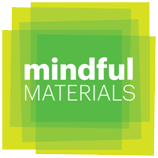
mindful MATERIALS
mindful MATERIALS is not another certification. mindful MATERIALS is an open-source data platform with aggregated human health and environmental information from leading manufacturers, vetted by experts passionate about making it easier to make informed product choices. The mindful MATERIALS Library, powered by Origin, is a reliable source of transparency information linked to products, with additional manufacturers adding monthly. Users can sort information by CSI Division, specific transparency information, LEED v4 compliance, etc.
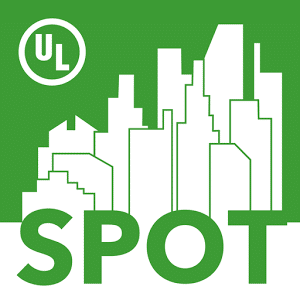
UL SPOT
Whether you’re searching for building materials, furniture, or even cleaning products, SPOT has credible and complete sustainability information all in a single digital tool. When you use the SPOT database, you will find that it aggregates many of the other databases so in some cases, it can be a one stop shop. Currently featuring more than 40,000 products, SPOT identifies products by sustainable attributes, MasterFormat product codes, and building rating system credits such as LEED v4 and the WELL Building Standard™. Sign up for a free account to save product searches and create tags for favorite products.
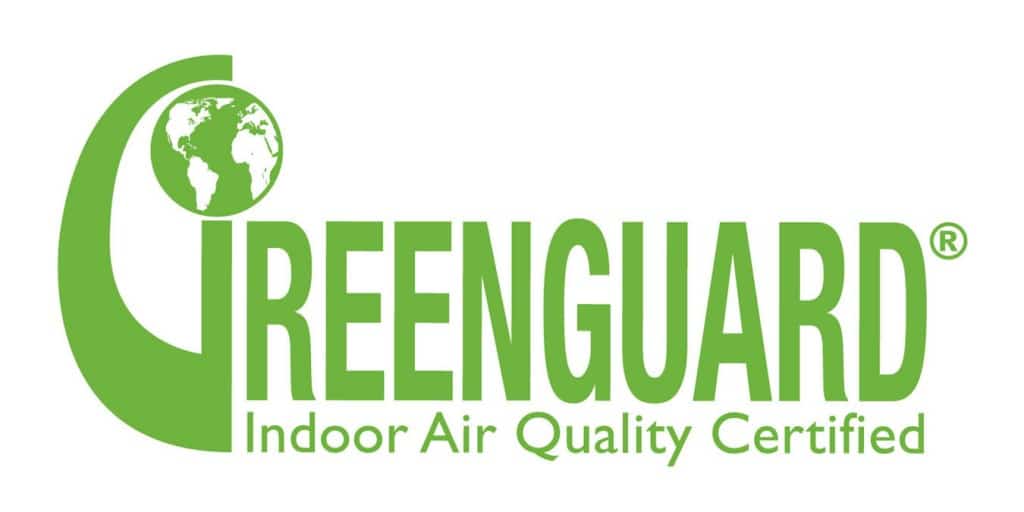
Greenguard
UL Environment’s GREENGUARD Certification program helps manufacturers create–and helps buyers identify and trust–interior products and materials that have low chemical emissions, improving the quality of the air in which the products are used. GREENGUARD’s database has over 27,000 products including building materials, finishes, interior furnishings, furniture cleaning products, and electronic equipment with low chemical and particle emissions. All certified products must meet stringent emissions standards based on established chemical exposure criteria. It is part of the UL SPOT database and can be selected by the “Certification” criteria.
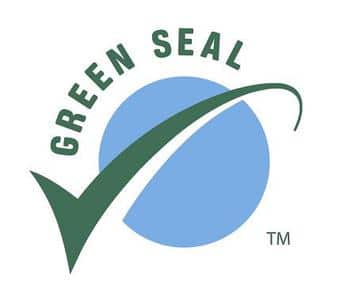
Green Seal
Green Seal, a nonprofit organization founded in 1989, is one of the nation’s premier ecolabels, symbolizing transparency, integrity, and environmental leadership. Its flagship program develops life-cycle-based environmental standards, and certifies products and services that meet these standards. Green Seal standards cover 450 categories and include over 4,000 products. Green Seal’s science-based programs help consumers to make choices and improvements that are beneficial to human health, the environment, and the marketplace.
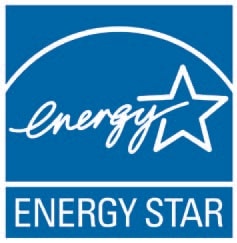
Energy Star
ENERGY STAR is the government-backed symbol for energy efficiency, providing simple, credible, and unbiased information that consumers can rely on to make well-informed decisions. The US EPA ensures that each product that earns the label is independently certified to deliver quality, performance, and savings. The database has more than 50,000 certified products in 55 product specification categories including appliances, building products, electronics, heating and cooling, lighting, office equipment, and water heaters. Not only is it easily searchable by brand name, category, certification date, key performance factors, or energy efficiency, users can also compare up to four products within a specific category. Best of all, the database also has a rebate finder to make it easy for you to save money on your purchases.
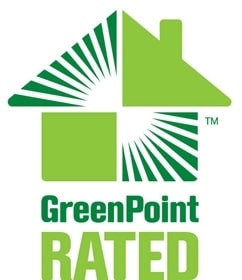
GreenPoint Rated Product Directory
GreenPoint Rated is a program of Build It Green – a professional non-profit membership organization whose mission is to promote healthy, energy- and resource-efficient buildings in California. The GreenPoint Rated Green Product Directory provides an independent source of trusted green home improvement products and detailed tips. Build It Green and StopWaste teamed up to create this online directory, which makes it easier for homeowners to identify the types of products—from appliances and showerheads to countertops and flooring—that can save money and make any home healthier and more beautiful and comfortable.
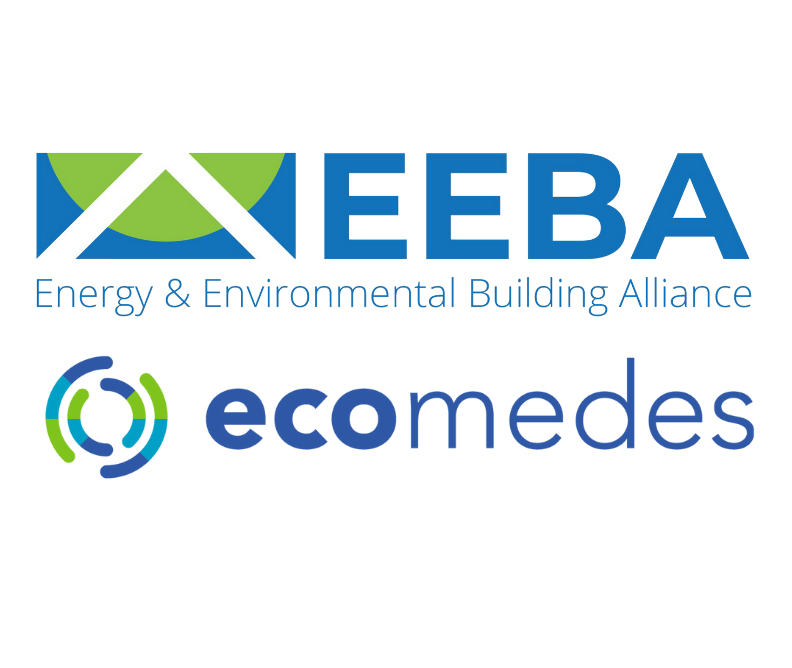
BONUS! New for 2022: EEBA & ecomedes Sustainable Products Database
The Energy & Environmental Building Alliance (EEBA) and ecomedes have compiled a trove of eco-friendly building products for your home: the EEBA & ecomedes sustainable building products database. This free online tool is designed to help you find the green materials you need in a snap. Users can select products by sustainability attributes, labels, and certifications; casting a wide net or narrowing it to just a few choices that meet specific needs.
Whether you’re a residential design and construction pro or a homeowner seeking guidance, this free sustainable products database could save you time and money. We’re eager to see how it might propel the market share of verified sustainable building products, improving our quality of life and protecting the planet and its resources for future generations.

